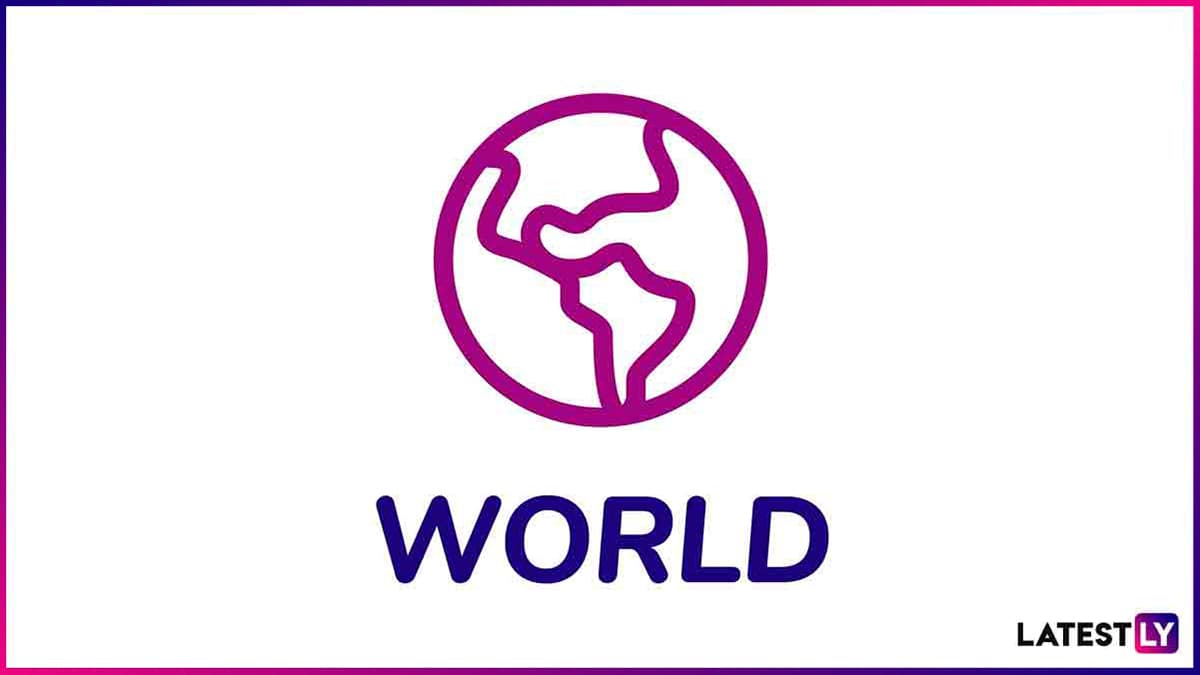Bluebird Bio announced on Friday that it will be selling itself to private equity firms Carlyle and SK Capital for approximately $30 million. This move marks the end of Bluebird's journey from being one of the most talked-about biotech companies to facing financial struggles.
Shareholders of Bluebird will receive $3 per share initially, with the potential to earn an additional $6.84 per share if the company's gene therapies generate $600 million in sales within any 12-month period by the end of 2027. Bluebird's shares closed at $7.04 on Thursday but plummeted by 40% following the announcement of the sale.
For over three decades, Bluebird has been a pioneer in developing one-time treatments for genetic diseases, with its market cap reaching $9 billion at one point. However, the company encountered setbacks, including safety concerns around its gene therapies and pricing challenges in Europe.
In 2018, Bluebird faced scrutiny after a patient developed cancer following treatment for sickle-cell disease. This incident raised doubts about the safety of the company's DNA-altering therapies. Additionally, pricing pressures in Europe led Bluebird to withdraw its gene therapy for beta thalassemia from the market.
Despite receiving approvals for multiple gene therapies in recent years, Bluebird struggled financially, with expenses running into hundreds of millions annually. The decision to spin off its cancer treatments into a new entity, 2Seventy Bio, further impacted its revenue stream.
As of November, Bluebird's cash reserves were projected to sustain operations until the first quarter of this year. The sale of the company represents a significant shift from its previous performance, with the $30 million acquisition price being a fraction of what its former CEO earned from selling stock.
While Bluebird's treatments have shown transformative results for patients, the company's financial challenges have overshadowed these achievements. The broader industry is grappling with the viability of one-time treatments for rare diseases, as evidenced by other companies facing similar struggles.
Despite the sale, Bluebird's gene therapies hold promise for changing lives, underscoring the complex dynamics between medical breakthroughs and commercial success in the biotech sector.




